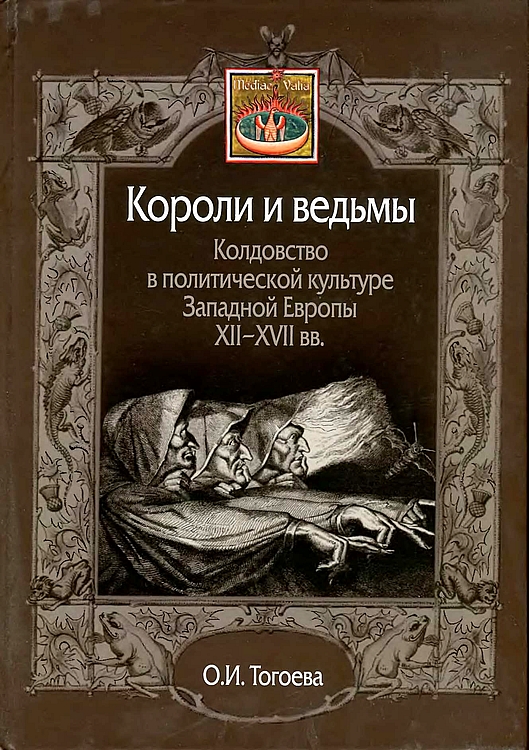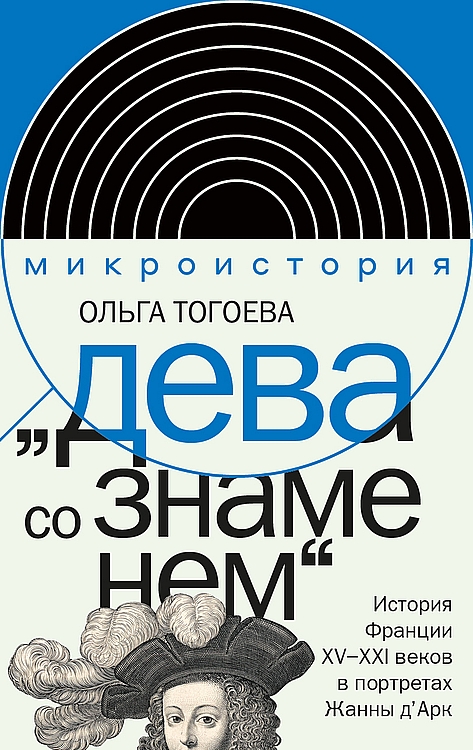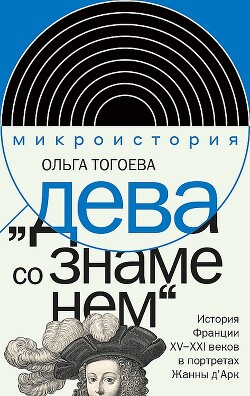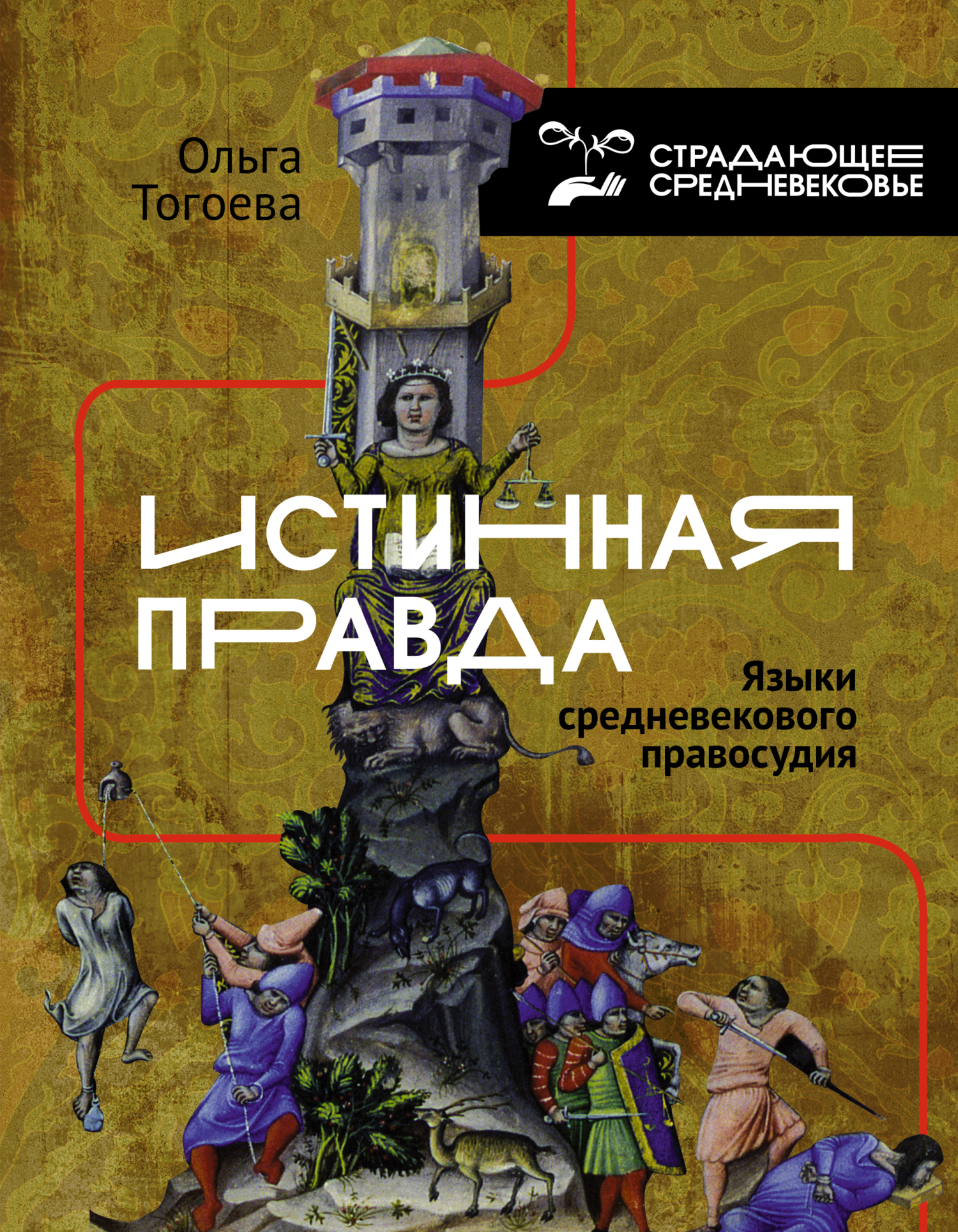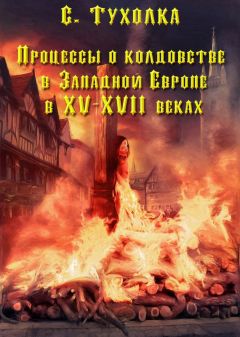2016. P. 263–281.
Veenstra J. R. Magic and Divination at the Courts of Burgundy and France: Text and Context of Laurens Pignon's "Contre les devineurs" (1411). Leiden; N.Y; Cologne, 1998.
Venard M. Jean Bodin et les sorciers. La "Démonomanie" estelle une aberration dans l'oeuvre de Jean Bodin? // Loeuvre de Jean Bodin: actes du colloque tenue à Lyon à l'occasion du quatrième centenaire de sa mort, 11–13 janvier 1996. P. 2004. P. 447–458.
Verger J. Les gens de savoir en Europe à la fin du Moyen Age. P. 1997.
Véronèse J. Le Contra astrologos imperitos atque nigromanticos (1395–1396) de Nicolas Eymerich (O.P.): contexte de rédaction, classification des arts magiques et divinatoires, édition critique parcielle // Chasses aux sorcières et démonologie. Entre discours et pratiques (XIV–XVII siècles) / Ed. par M. Ostorero, G. Modestin, K. Utz Tremp. Florence, 2010. P. 271–329.
Vidal J.-M. Bernard Saisset, éveque de Pamiers (1232–1311) // Revue des sciences religieuses. 1926. T. 6. P. 177–198,371–393.
Vincensini J.-J. Entre pensée savante et raison narrative. Le clerc médiéval et le motif du "saignement accusateur" (ou "cruentation") // Par les mots et les textes. Mélanges de langue, de littérature et d'histoire des sciences médiévales offerts à Claude Thomasset / Etudes réunies par D. Jacquart, D. James-Raoul et O. Soutet. P. 2005. P. 833–858.
Vincent de Beauvais and Alexander the Great. Studies on the Speculum maius and its translations into medieval vernaculars / Ed. by W.J. Aerts, E.R. Smits and J.B. Voorbij. Groningen, 1986.
Waardt H. de. Spiritualism and Medicine. The Religious Convictions of Johan Wier // The Sixteenth Century Journal. 2011. Vol. 42 (2). P. 369–391.
Wasser М. Scotland's First Witch-Hunt: The Eastern Witch-Hunt of 1568–1569// Scottish Witches and Witch-Hunters / Ed. by J. Goodare. L; N.Y., 2013. P. 17–33.
Walter P. Merlin, L'Enfant-Vieillard // L'imaginaire des ages de la vie / Sous la dir. de D. Chauvin, J.L. Backès. Grenoble, 1996. P. 117–133.
Walter P. Merlin ou le savoir du monde. P., 2000.
Waugh W.T. Joan of Arc in English Sources of the Fifteenth Century // Historical Essays in Honor of James Tait / Ed. by J.G. Edwards, V.H. Galbraith, E.F. Jacob. Manchester, 1933. P. 387–398.
Webster T. Early Stuart Puritanism // The Cambridge Companion to Puritanism. Cambridge, 2008. P. 48–66.
Weijers O. Terminologie des universités au XIIIe siècle. Rome, 1987.
Weinstein D., Bell R.M. Saints and Society: The Two Worlds of Western Christendom, 1000–1700. Chicago; L., 1986.
Weis R. The Yellow Cross. The Story of the Last Cathars (1290–1329). L., 2000.
Williams G.S. Defining Dominion. The Discourses of Magic and Witchcraft in Early Modern France and Germany. Michigan, 1999.
Williamson J.B. Ysangrin and Hellequin's horde in Le Songe du Vieil Pelerin // Reinardus. 1988. T. l.P. 175–188.
Willson D.H. King James VI and I. L., 1963.
Willumsen L.H. Witchcraft against Royal Danish Ships in 1589 and the Transnational Transfer of Ideas // International Review of Scottish Studies. 2020. Vol. 45. P. 54–99.
Witchcraft, Demonology and Magic / Ed. by M. Montesano. Basel, 2020.
The Witchcraft Reader / Ed. by D. Oldridge. N.Y.; L., 2008.
The World of John of Salisbury / Ed. by M. Wilks. Oxford, 1984.
Yardeni M. Henri III sorcier // Henri III et son temps / Etudes réunies par R. Sauzet. P, 1992. P. 57–66.
Zink M. Littérature française du Moyen Age. P., 1992.
Zink M. Froissart et le temps. P. 1998.
This book is an attempt to study the process of constructing the concept of witchcraft in close connection with the political culture of Western Europe of the Middle Ages and early Modern times. The author focuses less on the efforts of the church to rally the flock, but studies the conscious demarches of the secular authorities, who used the new phenomenon to create an image of their own enemy — a political enemy that threatens the foundations of the state system, the peace and the social order.
The study begins with a detailed analysis of the first secular political treatise of the Middle Ages — the Polycraticus of John of Salisbury (1159), in which the ruler's closest connection with witchcraft and its possible consequences was not just mentioned, but considered consistently and in detail. It was in this treatise that the rigid bundle of the king and the witch acquired its visible outlines and, perhaps, for the first time, the benefits of diabolical interference in the destinies of people were announced. For the ruler who follows the lead of witches and sorcerers, who listens to their advices, turns into a tyrant — a likeness of Lucifer on earth, and this transformation gives his subjects the legal right to kill him.
The influence that the Polycraticus had on European intellectuals of the 12th–14th centuries is explored in the second chapter of the book. The author studies not only the development of the ideas of John of Salisbury in the works of English authors (primarily in Walter Map's De nugis curialium), but traces this influence in French treatises and chronicles: in Hélinand de Froidmont's Chronicon, in Vincent de Beauvais's Speculum majus, as well as in his later writings De eruditione filiorum nobilium and De morali principis institutione, in Gilbert de Tournais Eruditio regum etprincipum, which were written by order of the members of the French royal family. The author pays special attention to the work of the translators at the court of Charles V the Wise, thanks to which John of Salisbury's ideas about the role of witchcraft in the political culture became available at the turn of the 14th–15th centuries to a wider range of readers.
The first part of the book ends with some case-studies on the penetration of John of Salisbury's ideas into the real life of the French Kingdom and on their use in the political propaganda directed against Valentina Visconti, the sister-in-law of Charles VI the Mad, her husband Louis d'Orléans, as well as against Isabeau de Bavière, the wife of Charles VI, and Jeanne d'Arc, Charles VII's faithful assistant in the military affairs.
The second part of the book is devoted to the problem
